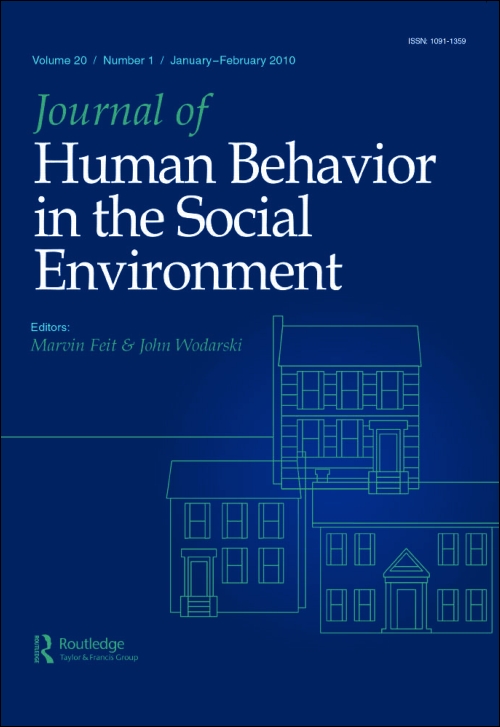Factors affecting stakeholder’s levels of satisfaction with community partnership association in Rayong Province, Thailand

Share this post on: Twitter Facebook
Corporate social responsibility (CSR) studies have investigated the differences among five parameters: gender, age, education, income, and occupation; however, the findings are generally dissimilar. For instance, no comprehensive concordance has been reached on the performance and importance of the differences among those five parameters regarding stakeholder expectations and perceptions of CSR activities. Some voluminous investigations have revealed that the literature does not discuss the essential importance of the differences among the five parameters, and as a consequence, the magnitude of such differences is unexplained. This research analyses the quantitative and qualitative significances of the differences among the five parameters in stakeholder satisfaction level and perceptions of CSR activities conducted by the Community Partnership Association in Rayong Province, Thailand. Overall satisfaction levels positively correlated with education and age, indicating that intellectual background and personal experiences considerably influence the perceptions of CSR activities. This study assists policymakers and industrial sectors to launch the most practical strategies for plotting, scheming, implementing, and evaluating sustainability initiatives.
Published online: 24 Jul 2018
Copyright © 2018 Informa UK Limited | All rights reserved.
Appear in Journal of Human Behavior in the Social Environment
Authors: Siwatt Pongpiachan
KEYWORDS: Community Partnership Association (CPA), Corporate Social Responsibility (CSR), Analysis of Variance (ANOA), Pearson Analysis (PA), Hierarchical Cluster Analysis (HCA), Multiple Linear Regression Analysis (MLRA), Principal Component Analysis (PCA)